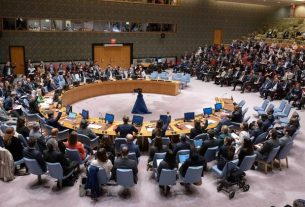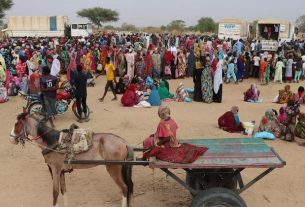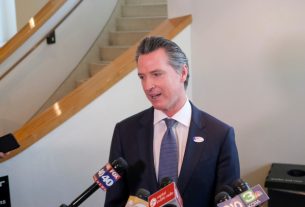As Europe faces growing security and trade challenges, the momentum behind sustainable policies, and especially green finance, has come under increasing pressure.
Sandrine Dixson-Declève, a leading voice in climate action and sustainable finance, will be a speaker at the conference on Research & Innovation for a Competitive Green Transition in Brussels, Belgium, on 23-24 June 2025, to shed light on why green investment must remain at the heart of Europe’s economic and environmental agenda.
Dixson-Declève is the executive chair of Earth4All and co-founder of the Systems Transformation Hub in Brussels. She was also the president of the Club of Rome from 2018 to November 2024, a non-profit group of academic, former government and business leaders addressing pressing global issues since 1968.
Earth4All is an international initiative launched by the Club of Rome that combines cutting-edge scientific modelling and new economic thinking to outline how we can achieve prosperity for all within planetary limits. The Systems Transformation Hub aims to help EU institutions embed systemic approaches into policymaking, investment and strategy.
The conference is taking place as a satellite event of the upcoming European Research and Innovation (R&I) Days in September, and will present concrete solutions for Europe’s green transition to improve quality of life and boost economic competitiveness, while facilitating the implementation of the European Green Deal.
In the following interview, Dixson-Declève discusses the need to prioritise sustainable investment, rethink circular economy strategies, and reconnect environmental protection with our wellbeing so we can secure the prosperity and stability of our planet for generations to come.
Read the interview to discover her insights on the need to champion green finance and build a circular economy that deals with the entire value chain.
The EU aims to mobilise around one trillion euros for sustainable investment by 2030. What do we need to do to make this ambition a reality?
First of all, we need to prioritise. We need to identify the most important big shifts that we want to see in the next 3, 5, 10 years. And this is the biggest problem – everyone has their pet idea. Where does Europe need to truly be the most sustainable in order to ensure that we adapt to future crises – whether it be pandemics or climate impacts?
I think it’s very important that we do a proper assessment. We need to think through where the priorities are and then properly communicate this to citizens. Then also put in place the right fiscal structures and economic structures to help us make this work. So, it’s the policy, working with finance and economics and the right communication tools, that will enable us to really move forward.
How can we persuade financial institutions and policymakers that it is really essential to prioritise investment in circular economy models?
“
We need to think through where the priorities are and then properly communicate this to citizens.
I know the European Commission remains committed to advancing circularity – and I fully support that. But it’s important to remember that circularity doesn’t begin with recycling, it begins with rethinking consumption. And this is fundamental.
Too often, circularity is framed narrowly, as if it’s just about waste management or materials reuse. But the real transformation lies in reducing consumption at the source and embracing systemic changes that keep us within the planet’s safe operating boundaries.
If we’re serious about building a truly sustainable economy, we need to look upstream – to where materials come from, how they’re used, and how we can lower demand. Our access to natural resources is predicted to decrease, so taking a full life-cycle view of circularity isn’t just important – it’s essential.
As we celebrated World Environment Day this month, what is your key message to EU leaders and financial institutions about the importance and urgency of investing in a green future?
“
Our survival depends on a healthy planet and on our ability to withstand the shocks and stresses of climate change.
My key message is that we must stop separating people from the environment. Protecting nature is not some niche, off-the-cuff idea. It’s a necessity. We are nature, and nature is us. Our survival depends on a healthy planet and on our ability to withstand the shocks and stresses of climate change.
The greatest existential threat to humanity is our failure to take care of nature and the planet. And the second is our failure to address growing social tensions and inequality. The good news? We already have many solutions – policy tools, new technologies, new governance models and fiscal strategies.
Let’s use them – wisely and urgently – to secure a thriving society on a healthy planet.
The views of the interviewee don’t necessarily reflect those of the European Commission.



